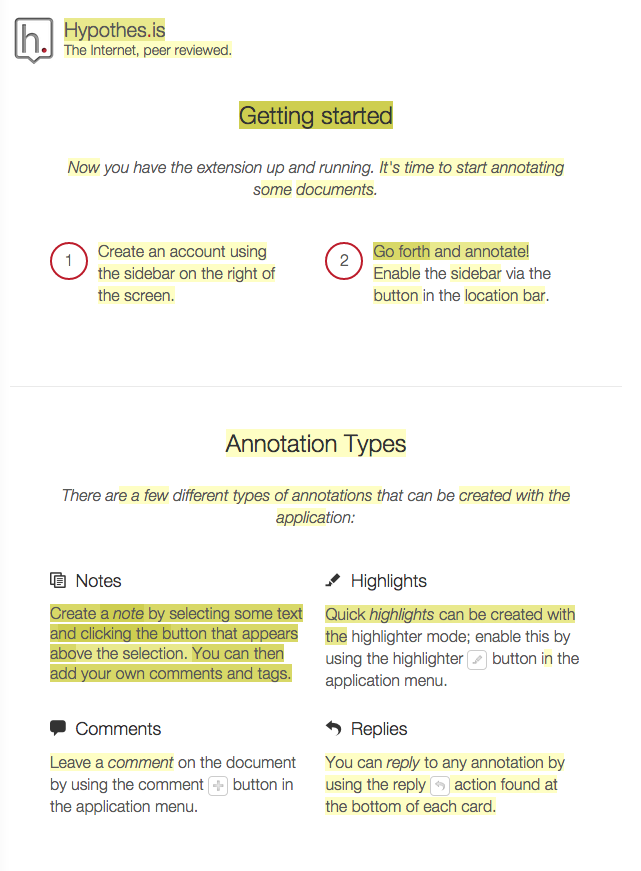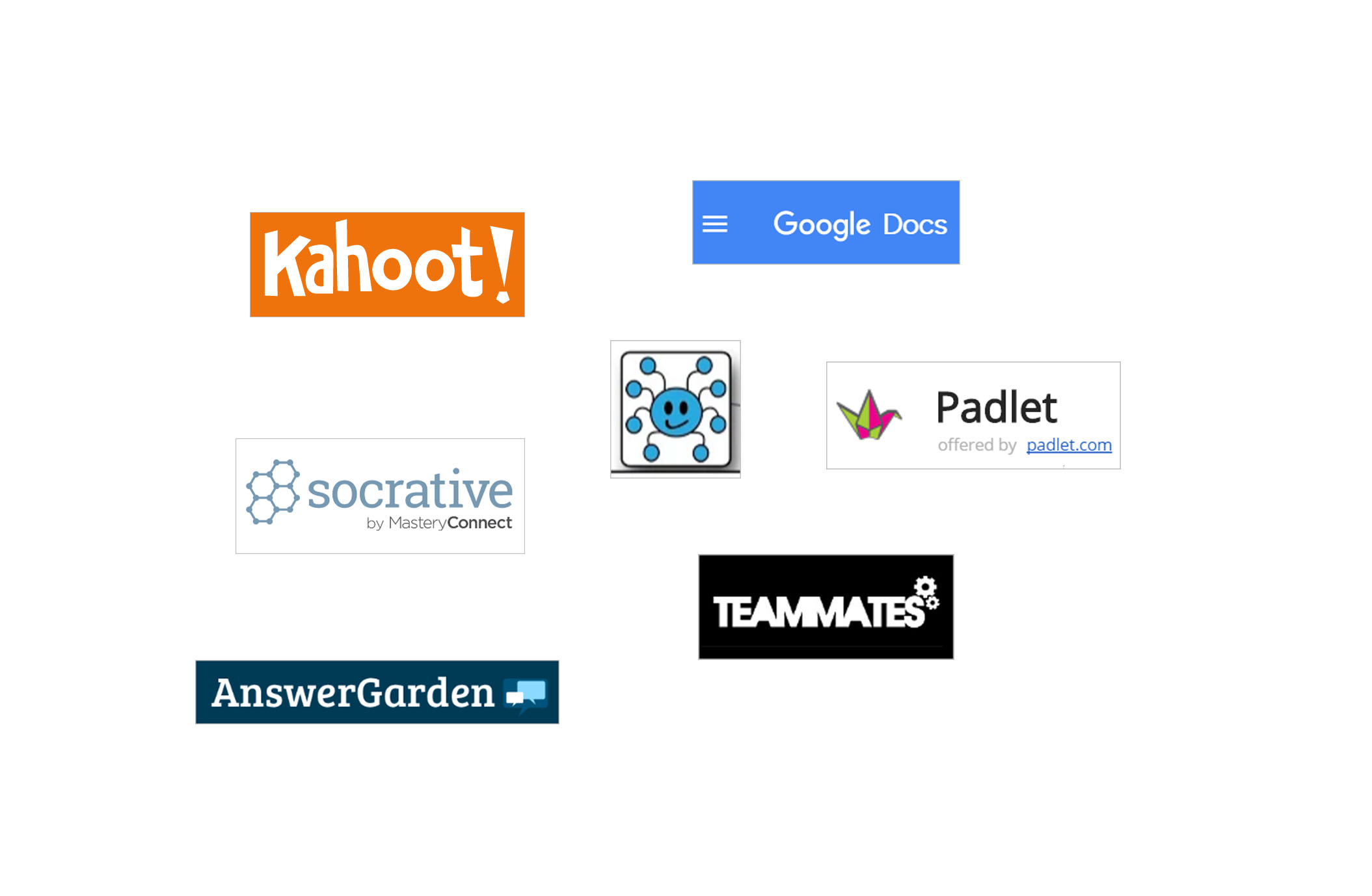Hypothes.is for Shared Annotation
A week ago, Laura (my colleague) tweet-alerted me to someone who had annotated my extended comment to her Twitter Journal Club blogpost.
@yinbk @SuzanKoseoglu @merryspaniel @JeffreyKeefer – @jgmac1106 added an annotation page to his website http://t.co/BzTIojdw3n #cool #tjc15
— Laura Gogia (@GoogleGuacamole) March 13, 2015
It was Greg McVerry, a supergeek. (He knows all these cool tools I’ve been playing with.) He had responded to my blogpost by annotating and replying to the ideas. Impressive!
@yinbk @GoogleGuacamole @SuzanKoseoglu @merryspaniel @JeffreyKeefer A #tjc15 annotation: http://t.co/RP1kx66oYy
— Greg McVerry (@jgmac1106) March 13, 2015
Intrigued, I had to check out Hypothes.is before the second Twitter Journal Club happening. I fiddled with it and used it to annotate #tjc15’s second journal article.
For inquiring minds, Hypothes.is is a Google Chrome extension. You can collaboratively tag, annotate, and comment on other users’ public notes and annotations.
This is something Diigo already allows me to do, but Hypothes.is allows me to show a stream of annotations based on a tag. One thing that I found annoying though, was that I had to keep changing the setting from private/only me to public for every annotation. Is it me, who hasn’t found the key to unlock this default private setting?
Check out the tag stream of #tjc15
The affordances of this Google Chrome extension are pretty slick. I can think of how it might be used in my teaching. Thanks very much, Greg McVerry!
And by the way, what a name!!!


